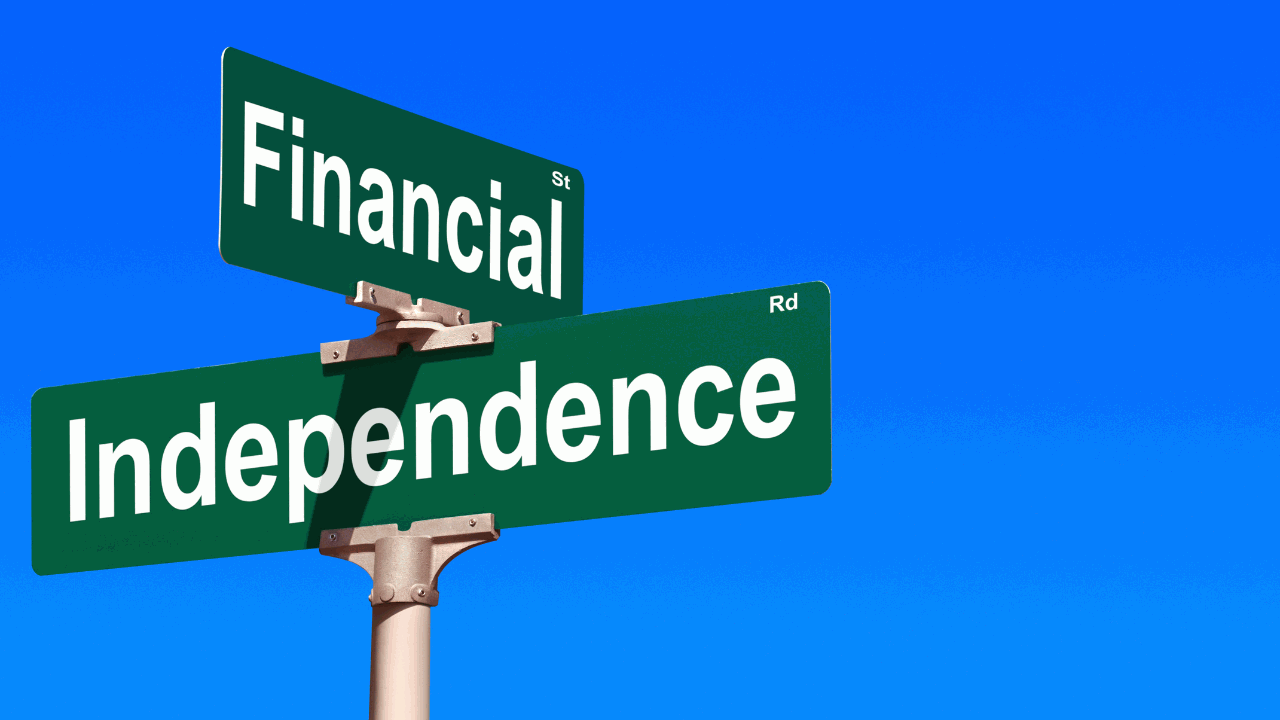
Impact of a Divorce on Your Credit Score
Divorce is a challenging life event that can affect various aspects of your life, including your financial well-being. One area where divorce can have a significant impact is your credit score. This guide explores the relationship between divorce and credit scores, shedding light on how the two are interconnected and providing valuable insights into managing your finances during and after divorce.
Understanding Credit Scores:
Before delving into the impact of divorce, it’s essential to grasp the fundamentals of credit scores. This chapter explains what credit scores are, how they are calculated, and why they matter.
Financial Ties in Marriage:
In this chapter, we explore the financial connections that often exist between spouses during a marriage. Joint accounts, shared debts, and co-signed loans are among the topics covered, highlighting how these financial ties can impact credit scores.
Divorce and Credit Scores:
Divorce can disrupt the financial stability that existed during marriage. Discover how divorce proceedings, property division, and spousal support arrangements can affect credit scores, both directly and indirectly.
Joint Debts and Liabilities:
One of the most significant concerns during divorce is the division of joint debts and liabilities. This chapter provides guidance on how to address shared financial obligations, such as mortgages, credit card debt, and personal loans, without harming your credit.
Protecting Your Credit During Divorce:
Maintaining good credit is crucial during divorce, as it can impact your financial future. Learn strategies for safeguarding your credit score, including communication with your ex-spouse, monitoring joint accounts, and seeking legal counsel.
Rebuilding Your Credit After Divorce:
If your credit score is adversely affected by divorce, there are steps you can take to rebuild it. This chapter offers practical advice on improving your creditworthiness, from creating a budget to establishing new credit lines.
Legal Aspects of Divorce and Credit:
Divorce involves legal processes that can have implications for your credit. Explore the legal aspects of divorce, such as divorce decrees, property settlements, and court orders, and understand how they may influence your financial obligations.
Seeking Professional Guidancee:
For individuals facing complex financial situations during divorce, seeking professional guidance may be necessary. This chapter discusses when it’s advisable to consult with financial advisors, credit counselors, or attorneys to protect your credit and financial interests.
Post-Divorce Financial Independence:
Achieving financial independence after divorce is a common goal. Discover how you can regain control of your finances, establish your creditworthiness, and move forward with confidence in your new financial reality.

Conclusion
Divorce is a life-altering event that can have far-reaching effects on your credit score and financial stability. By understanding the relationship between divorce and credit scores and taking proactive steps to protect your financial interests, you can navigate the challenges of divorce while minimizing its impact on your creditworthiness. Remember that with the right strategies and support, you can emerge from divorce with your credit score intact and build a secure financial future.


